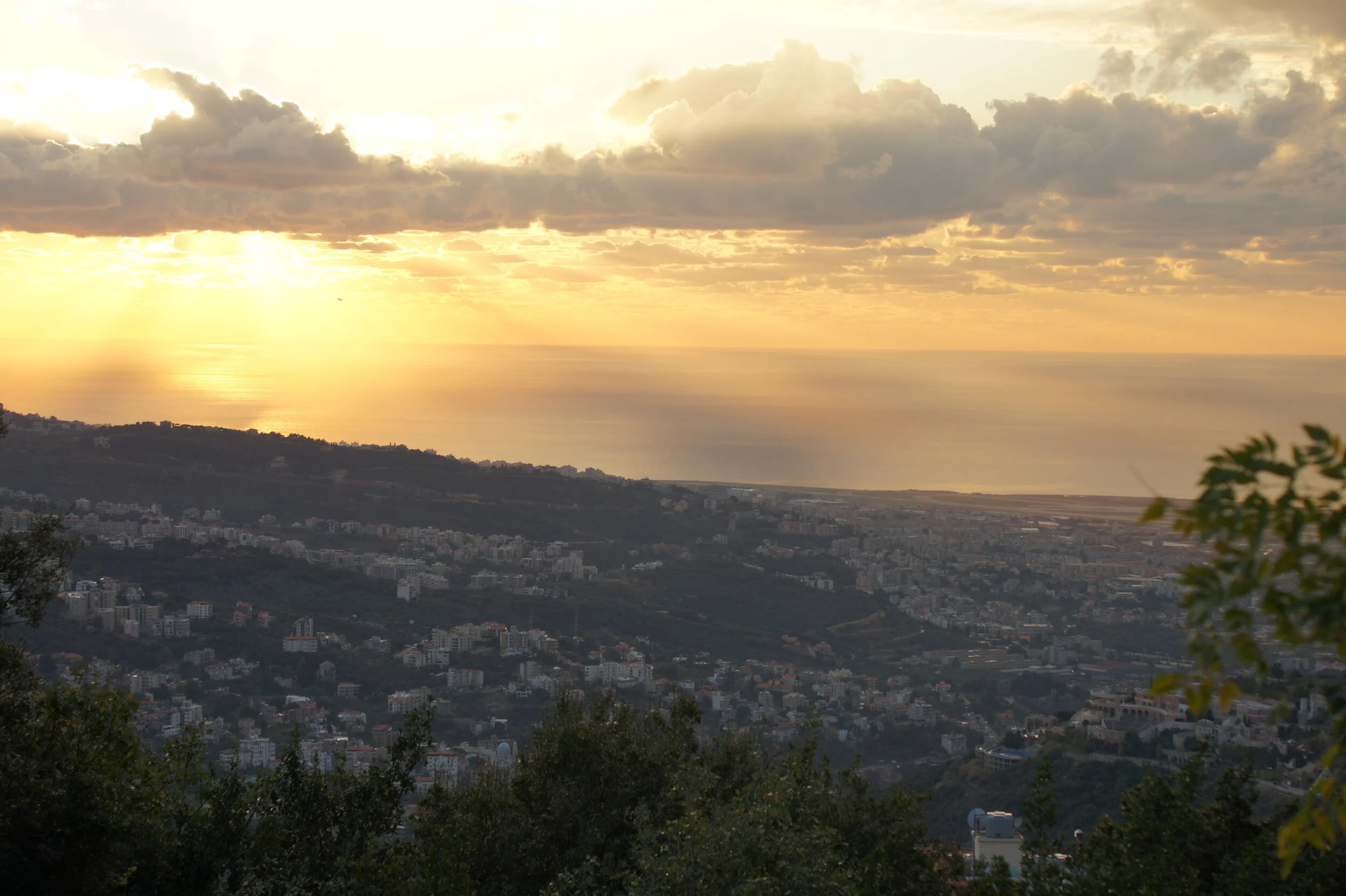Planting seeds of hope in Syria
August 2021
Photo credit: MERATH
Dr Alia Abboud serves as Chief Development Officer for our partner organisation, LSESD. Alia and her team provide assistance to many vulnerable and displaced families in Lebanon and Syria, many of whom have lost their families, homes and communities as a result of the conflict in Syria. Here, Alia explains how the Church provides a safety net for those who have lost everything as they work to plant seeds of hope where despair prevails.
I miss my visits to Syria. The last one was in February 2020, before the pandemic spread in Lebanon and Syria, leading to the consecutive severe lockdowns in my country and the closing of the borders in between as a precautionary measure.
A highlight of these trips is time spent with our partners and the people we serve through our relief and development arm, MERATH. My heart always misses a beat at the sparkle in the eyes of vulnerable children enjoying interactive games within the safe environment of the three Child Friendly Spaces, including the one in Homs, that serves children with disabilities who otherwise would be locked up between four walls. These children are so often forgotten by all but their own families, who struggle to make ends meet while at the same time attempting to cater to their children’s special needs. It is an impossible task.
On the one hand my heart is always heavy on such trips as I see the volume of needs. Yet, at the same time, I rejoice in the hope that I see rekindled in lives that have been touched by the ministry of compassion led by our partner churches. Our ministry involves faithful partner organisations like Embrace and others who share our belief in the need to stand by and equip the local Church, that it may be the hands and feet of Jesus in the community.
No one expected the war in Syria to go on for this long – for more than 10 years. Families left behind their homes and villages thinking they’d be back in no time. Yet, day after day, month after month, and year after year they found themselves drifting away from anything and everything that reminded them of home. For millions of Syrians, pain and suffering continue to be the underlying theme of this seemingly never-ending journey. Even though the fighting has ceased in many parts of Syria, the trauma continues for the vast majority of individuals and families severely affected by the war, whether they are internally displaced or refugees in Lebanon. Needless to say, children are not exempted from the suffering. In 2020, 2.4 million children in Syria were out of school – and this is probably the least of their challenges.
In Syria today, 90% of the population are classed as being below the poverty line; 60 to 65% are living in extreme poverty. The situation in Lebanon is no better, as crisis comes on top of crisis. 55% of the population are now living below the poverty line, and 90% of Syrian refugees in Lebanon are living in extreme poverty.
In contexts like Syria or Lebanon, when a person or family are forced to leave their homes and towns, they lose much more than the physical place they call home. They lose their sense of community which, often, is their only safety net. This is a role that our partner churches, both in Syria and Lebanon – have gradually assumed.
‘I don’t recall taking a decision to help”, said one church partner.
‘It was just the natural thing to do. We couldn’t just watch what was happening and do nothing about it. It is our duty as Christians to help the least of these.’
George, a young dentist from Damascus, leads a church-based Child Friendly Space (CFS) that provides psychosocial support. He saw in the CFS ‘a concrete way to help the children. It has become a place for children from all backgrounds. A symbol of hope for the future of our country’ as the children learn coexistence.
Reflecting on the response of the Church, a partner noted that ‘the war restored, not changed, the role of the Church. We realized that instead of waiting for people to come to Church to share with them the Message, we needed to live the Gospel, go out where the people are, sit with them, listen to them, and encourage them. Strange enough, in responding to the needs of the people, we discovered huge potential amongst our own people – individuals who felt called to serve. Many of whom had not shown interest in faith or the Church before.’
As the needs intensified, the Church’s response became more diversified. One partner noted that ‘MERATH helped us get organized and plan with continuity in mind, and this had a greater impact on the people. It makes a huge difference when struggling families know that we have their back, and that the food assistance or the winterization support or hygiene kits that they receive are not just a one-time thing’. As a mother of five shared, ‘It is not about the assistance itself as much as knowing that we’re not alone in this and that you really care’.
It’s been our experience that in every challenging circumstance there is an opportunity to plant seeds of hope amongst communities where hopelessness and despair prevail. The Syrian war is no different. Neither are the compounded crises that Lebanon struggles under today. And so we persevere, doing our part, and trusting God for the rest.
Dr Alia Abboud will be speaking at Embrace Day on the 25th September. If you’d like to hear from her, alongside other partners, staff and our CEO Tim Livesey, book your free place now.

